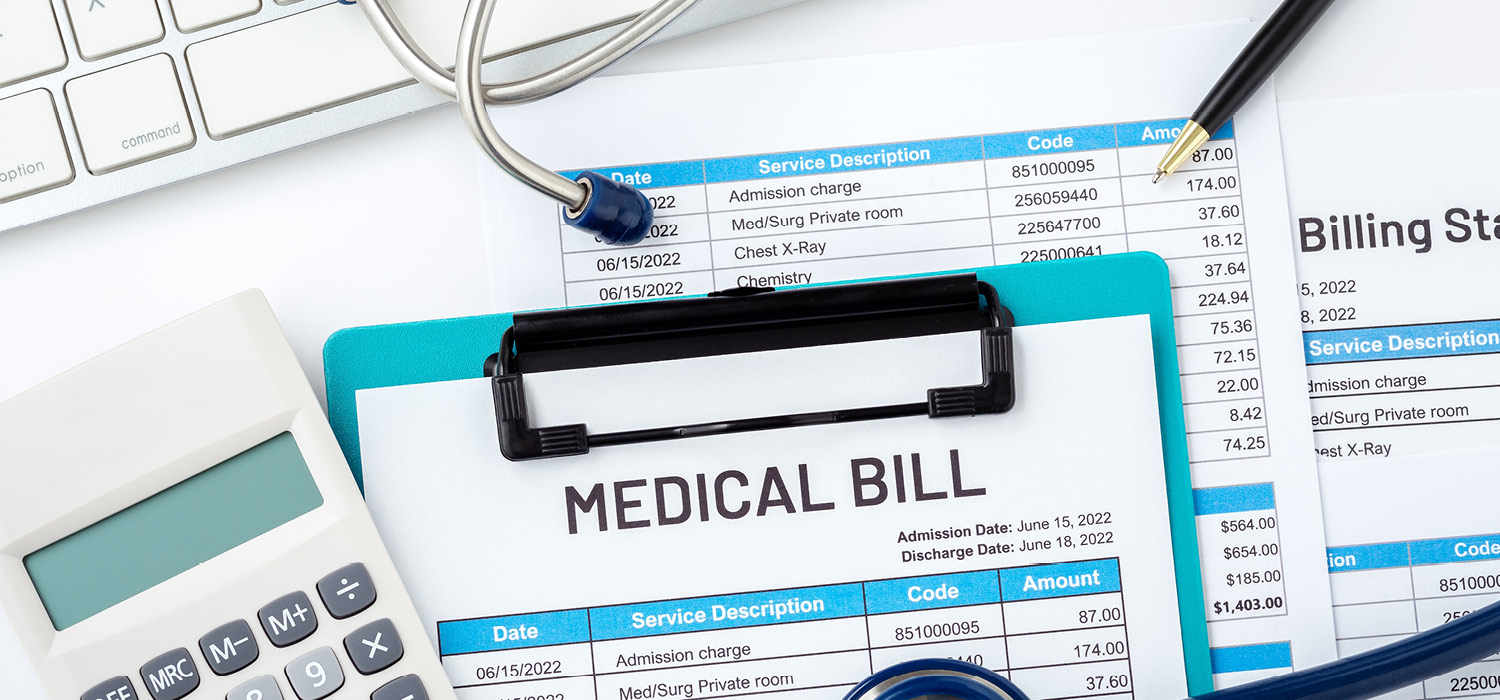
CFPB Finalizes Rule to Remove Medical Bills from Credit Reports
The Consumer Financial Protection Bureau (CFPB) just delivered a major win for consumers struggling with medical debt. A new rule finalized by the CFPB will completely remove unpaid medical bills from credit reports. This means lenders will no longer be able to consider medical debt when evaluating your applications for loans like mortgages, credit cards, or auto loans. It is important to note that while this rule has been finalized, precise implementation date remains to be determined.
This groundbreaking decision builds on recent efforts to address the crippling impact of medical debt on credit reports. Here's a quick recap of the changes within the last few years:
• 2022: Major credit bureaus removed paid medical collection accounts from credit reports and extended the grace period before unpaid medical debt appears on your report from 6 months to a full year.
• 2023: VantageScore, a widely used credit scoring model, stopped including medical debt in its calculations. Additionally, medical collections under $500 were no longer reported on credit reports.
Now, with the CFPB's latest rule, unpaid medical bills will be erased from credit reports entirely. This is a game-changer for millions of Americans. Here's what you can expect:
A Lighter Burden:
With this latest action, the CFPB estimates that $49 billion in medical debt will be eliminated from credit reports, impacting approximately 15 million consumers.
Potential Impact:
• Improved Credit Scores: The CFPB projects that credit scores could rise by an average of 20 points, with some individuals potentially experiencing increases of 50 points or more.
• Increased Access to Credit: Removing medical debt is expected to improve access to credit and potentially lead to 22,000 additional mortgage approvals annually.
Rationale:
The CFPB asserts that medical debt is often unexpected, is not a reliable predictor of creditworthiness, and that its inclusion on credit reports unfairly disadvantages consumers. This new rule recognizes that medical debt is not an accurate reflection of someone's ability to manage credit and aims to create a more equitable credit reporting system.
Other Implications:
While this rule offers significant relief for consumers, it's crucial to remember that unpaid medical bills can still have financial consequences. Providers may pursue debt collection through other means, such as lawsuits or wage garnishment. It's essential for consumers to communicate with healthcare providers and explore options like payment plans or financial assistance programs to manage medical debt responsibly.
Implementation:
While the precise implementation date remains to be determined, consumers can expect to see changes reflected in their credit reports in the coming months. The CFPB encourages consumers to monitor their credit reports regularly.
This groundbreaking decision builds on recent efforts to address the crippling impact of medical debt on credit reports. Here's a quick recap of the changes within the last few years:
• 2022: Major credit bureaus removed paid medical collection accounts from credit reports and extended the grace period before unpaid medical debt appears on your report from 6 months to a full year.
• 2023: VantageScore, a widely used credit scoring model, stopped including medical debt in its calculations. Additionally, medical collections under $500 were no longer reported on credit reports.
Now, with the CFPB's latest rule, unpaid medical bills will be erased from credit reports entirely. This is a game-changer for millions of Americans. Here's what you can expect:
A Lighter Burden:
With this latest action, the CFPB estimates that $49 billion in medical debt will be eliminated from credit reports, impacting approximately 15 million consumers.
Potential Impact:
• Improved Credit Scores: The CFPB projects that credit scores could rise by an average of 20 points, with some individuals potentially experiencing increases of 50 points or more.
• Increased Access to Credit: Removing medical debt is expected to improve access to credit and potentially lead to 22,000 additional mortgage approvals annually.
Rationale:
The CFPB asserts that medical debt is often unexpected, is not a reliable predictor of creditworthiness, and that its inclusion on credit reports unfairly disadvantages consumers. This new rule recognizes that medical debt is not an accurate reflection of someone's ability to manage credit and aims to create a more equitable credit reporting system.
Other Implications:
While this rule offers significant relief for consumers, it's crucial to remember that unpaid medical bills can still have financial consequences. Providers may pursue debt collection through other means, such as lawsuits or wage garnishment. It's essential for consumers to communicate with healthcare providers and explore options like payment plans or financial assistance programs to manage medical debt responsibly.
Implementation:
While the precise implementation date remains to be determined, consumers can expect to see changes reflected in their credit reports in the coming months. The CFPB encourages consumers to monitor their credit reports regularly.
